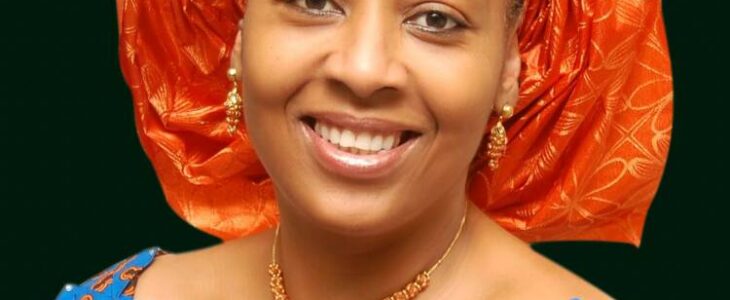

By Chiedu Uche Okoye
Anambra State is one of the states that make up the Southeast geopolitical zone. The Southeast, which lies in the tropical rainforest area, is chiefly peopled by the Igbo people, who are natives of the area. The Igbo people constitute one of the three major ethnic groups that make up the Lugardian contraption and geographical expression called Nigeria. As the Southeast area of Nigeria suffered colonialism, so did the rest of Nigeria; however, colonialism failed to obliterate completely the Igbo people’s culture. So, now, the Igbo people’s ways of doing things are a brew of western lifestyle and African traditional practices. This brew has entrenched patriarchy in the Southeast area of Nigeria, the homeland of the Igbo people.

For example, in the traditional Igbo society, the man is regarded as the head of the family. He imposes his decisions and will on his immediate nuclear family, without being opposed. And if his wife has a dissenting or contrary view, it is perceived as impertinence. However, the embrace as well as the acquisition of western education by a great number of women in Nigeria has shaken the root of patriarchy in our country. But patriarchy is still alive and kicking in Igbo land. There are many instances or examples that prove that patriarchy exists in Igbo land. In the Southeast of Nigeria, inheritance of properties by children of a deceased man is patralineal rather than matrilineal. And, in spite of the Nigeria’s apex court ruling that female children are as entitled to inheriting their father’s properties and belongings as the male Children, the patralineal way of inheritance still subsists there.
More so, in Igbo land, we have the provincial mindset and perception that women are like chattel, which can be sold off to the highest bidder. Consequently, based on our wrong assumption and misconception of women, we show utter contempt and disdain for ladies on the shelf. Middle-aged spinsters or old maids are believed to be under ancestral curse, which is responsible for their long spinsterhood. We feel, albeit wrongly, that every lady must get married to a man, and bring herself under the authority and subjection of her husband. So, marriage in Igbo land has remained a tool for entrenching patriarchy in today’s Igbo land. Again, the Christian religion to which almost every Igbo person subscribes endorses patriarchy. The Bible, which is the holy book of Christians, contains innumerable scriptural passages, which are explicitly supportive of patriarchy. Like Christianity, other Abrahamic religious faiths are explicitly supportive of patriarchy, too. So, you can see that the forces and factors that cause the deepening and blossoming of patriarchy here are deep-seated. So, not unexpectedly, the men outnumber the women in many undertakings and professions but teaching and the civil service. Teachers and civil servants’ remunerations, we all know, are paltry, meager, and discouraging. In the area of political leadership, women are few and far between. They can be counted on the finger-tips, which necessitated the enunciation, formulation, and implementation of the 35% affirmative action to guarantee women places in both elective and appointive political positions in our country. But we have female political gladiators, who had won legislative elections to become members of States’ Assemblies and the National Assembly. But they are disproportionate in number when compared to the great number of men in both States’ Assemblies and National Assembly.
More so, to see a female governor in Nigeria is a rarity, now, although few had become governors of their states by political default, and not by securing thumping governorship victories at the polls. In Anambra State, we still remember the circumstances that threw up Dame Virgy Etiaba as the governor of Anambra State, briefly. Now, the next Anambra State governorship election is getting nearer with the passage of time. And not a few people, including tested and experienced female politicians, had thrown their hats into the ring with regard to the next Anambra governorship election. And Chief Mrs. Uche Ekwunife, a lawmaker in the National Assembly, is one of the female politicians who want to rule Anambra state.
Truly, Mrs. Ekwunife, who possesses leadership qualities, has gained enough political experience by virtue of her membership of the National Assembly for a long while. Being familiar with Anambra state’s problems, she can fix them if she becomes the governor of Anambra state. In the past, Ekwunife had worsted renowned politicians in electoral battles to prove that she is a political big cheese. That Uche Ekwunife didn’t win the PDP governorship ticket attests to the fact that patriarchy reigns supreme in Anambra state. The ranks of her party, PDP, are filled with male political snollygosters and desperadoes, who will not bat an eyelid when circumventing rules and cutting corners to win the party’s governorship ticket. Even if she had won the PDP governorship ticket, she would not have been acceptable to the Anambra populace and electorate based on the fact that she is a woman.
Credit: Daily Sun
